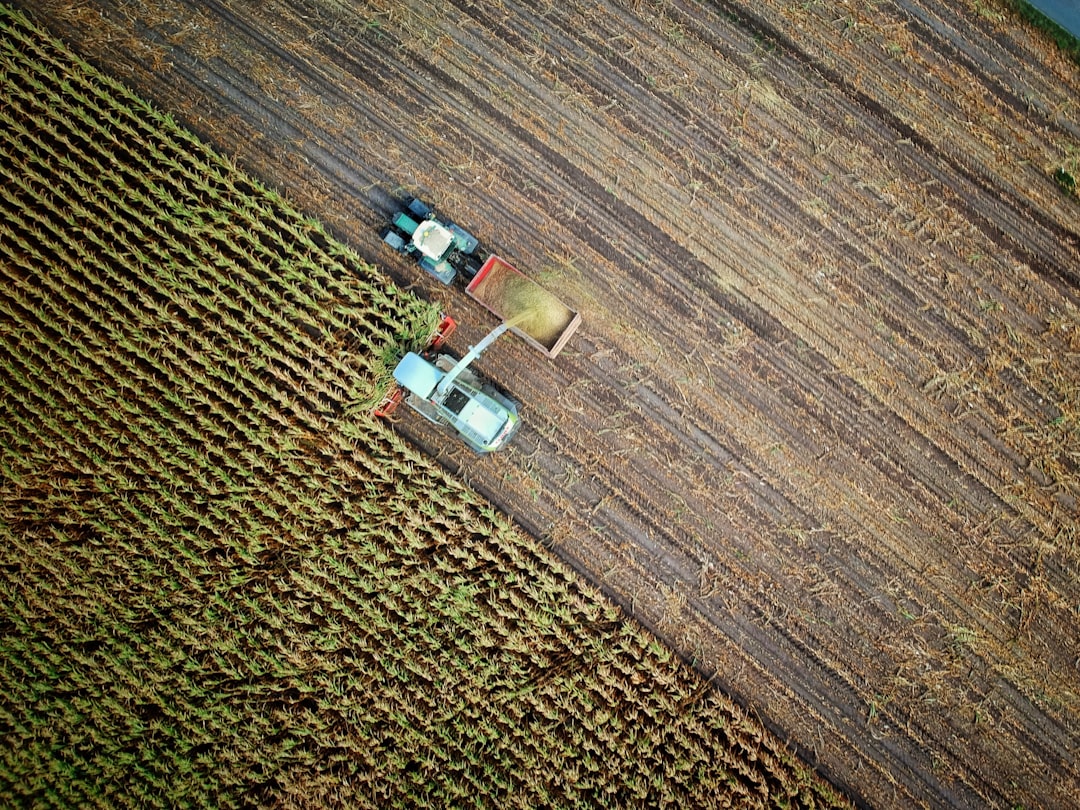
In the quiet corners of Appalachia, the toll of federal funding cuts is felt in the everyday struggles of local food makers. For Trey Yates—a 27-year-old butter producer in West Virginia—the cancellation of his contract with the Mountaineer Food Bank has been nothing short of devastating. The phone call that delivered the news cut through the background hum of his butter churn, signaling the loss of a crucial lifeline.
A Devastating Blow for Local Producers
The contract with Mountaineer Food Bank, one of only two in the state, had long provided Yates with steady business. The cancellation came as a direct result of the U.S. Department of Agriculture’s decision to cancel the Local Food Purchase Assistance Cooperative Agreement Program. With federal funding cuts slashing an expected $500 million in support this year, small agriculture businesses like Yates’ Greenbrier Dairy face an uncertain future.
Yates, who describes himself as a registered independent and did not support President Trump in the last election, was quick to express his shock. “Dad, they’re trying to bankrupt me,” he said during a call with his father, John Yates. His words capture the anxiety of many small producers who now see government policy as a threat to their survival.
The Broader Context of Federal Funding Cuts
Even as President Trump signed a declaration celebrating National Agriculture Day—praising farmers and food makers—the reality for many in West Virginia was starkly different. The administration’s commitment to reducing government spending has led to deep cuts in programs that once provided a financial cushion for rural businesses.
These changes have hit hard in a state where agriculture remains a vital part of the community. Detailed insights from the Financial Growth endpoint show how small businesses, which rely on such funding for stability and growth, are now facing a significant downturn in their financial outlook.
Real-World Consequences in Rural West Virginia
The impact of these policy shifts is not limited to dairy production. Orchard owner Natasha Zoe, a retired Marine, is also feeling the pressure. She is currently waiting on grant funds meant to reimburse her for building a small cannery near Alderson—a facility that would allow local fruit farmers to produce and sell syrups and juices. Like Yates, Zoe’s future hinges on timely government support, which now seems increasingly uncertain.
In communities across West Virginia, the cancellation of federal programs is leading to a ripple effect. Small producers and food banks, often intertwined in a delicate balance of supply and support, are now facing the harsh consequences of a policy shift that many see as out of touch with local realities.
Looking Ahead: The Need for Sustainable Support
The stories of Trey Yates and Natasha Zoe underscore a broader issue: the urgent need for sustainable support for rural businesses. As government policies continue to evolve, the immediate financial pressures on small agriculture producers could lead to long-term declines in local food production and community resilience.
For those monitoring the health of rural economies, insights from the Financial Growth endpoint provide a valuable snapshot of how these funding cuts are affecting financial performance and future growth prospects. The data underscores the importance of maintaining robust support systems for communities that form the backbone of America’s agricultural sector.
At CWEB, we are always looking to expand our network of strategic investors and partners. If you're interested in exploring investment opportunities or discussing potential partnerships and serious inquiries. Contact: jacque@cweb.com

